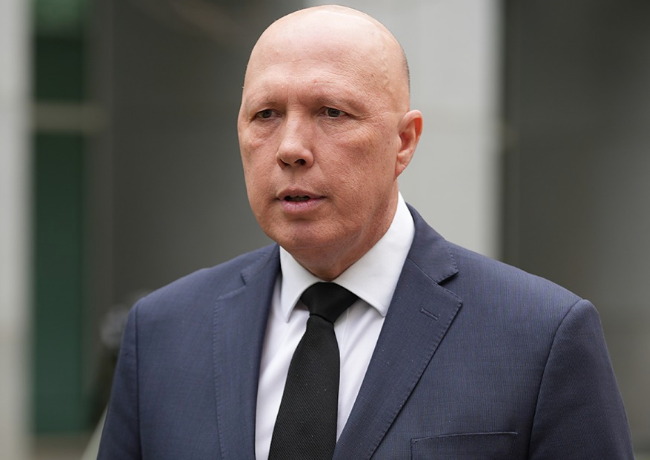
As parliament debates the historic Voice referendum legislation, Opposition Leader Peter Dutton claims it will ‘re-racialise our nation’, MICHELLE GRATTAN.
OPPOSITION Leader Peter Dutton has condemned the plan to enshrine a constitutional Voice to Parliament as “a symptom of the madness of identity politics which has infected the 21st century”.
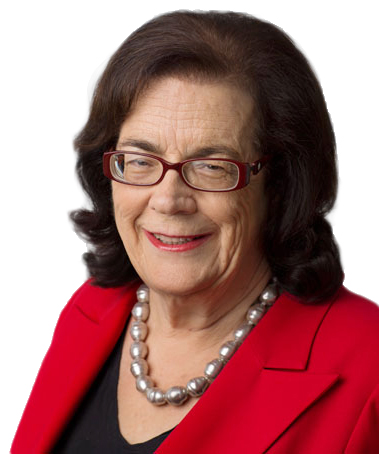
As debate on the historic referendum legislation – introduced by Attorney-General Mark Dreyfus in March – began in the House of Representatives on Monday, Dutton claimed the Voice would “re-racialise our nation.”
“At a time when we need to unite the country, this prime minister’s proposal will permanently divide us by race,” Dutton said.
But Minister for Indigenous Australians Linda Burney told the house: “Constitutional recognition through a Voice to Parliament is about giving indigenous Australians a say in the matters that affect us.
“It means delivering structural change that empowers indigenous communities. It means getting better advice, so we get better policies and better outcomes.”
The debate in the house is expected to continue all week and into next week, with about 70 speakers listed at the moment. When the vote comes, the votes of all MPs will be recorded, even if there is not a division called, because it is a referendum bill. The legislation’s passage is assured because the Liberals are not opposing it.
Dutton condemned the Voice as “regressive, not progressive”.
In the referendum, Australians “will be voting as to whether they should change, or to preserve, our Constitution – our nation’s rule book.
“It’s one of the most important decisions Australians will make in their lifetime.
“Because if Australians vote for change, then our nation, our democracy and their lives will be fundamentally altered – and, in this case, not for the better,” Dutton said.
“The Voice would be the most radical and consequential change to the way our democracy operates in our nation’s history.”
Dutton said Prime Minister Anthony Albanese wanted people to vote for the Voice “on a vibe”.
He said Albanese was “seeking to conflate two separate issues. One, the constitutional recognition, and two, enshrining the Voice in the constitution.
“He wants to leverage the overwhelming public support for constitutional recognition to piggyback his poorly defined, untested and risk-ridden Canberra Voice model.”
What was needed was a “bottom-up approach”, Dutton said, rather than “another top-down one”. “We believe that local communities know best.”
Burney accused Dutton of putting into one speech “every bit of disinformation and misinformation and scare campaigns that exist in this debate”.
She said the Voice had been “a grassroots movement, the culmination of years of discussion, consultation and hard work by so many”.
Recognition through a Voice was about “making a practical difference”.
“The purpose of the Voice is to improve outcomes for our people,” she said. “It is symbolic – and practical.”
Burney said that after a successful referendum “we will work to link the national Voice in at a regional level, in a way that works for local communities”.
“Everyone agrees that the Voice needs to be connected to grassroots communities.
“It’s why regional voices that can plug into a national Voice are so important. And why the investment set by the former Liberal government for regional arrangements remains in the budget.”
Burney said the Voice was constitutionally sound and got the balance right, as the solicitor-general’s opinion made clear.
But this was “not enough for those hell-bent on dashing the hopes of a people. Not enough for those hell-bent on stoking division.
“It’s not enough for those trying to play politics with an issue that should be above partisan politics,” Burney said.
Liberal backbencher Bridget Archer, who is campaigning for the yes case, strongly rejected Dutton’s argument that the referendum was dividing the country by race.
“This referendum provides an incredible chance to begin righting so many wrongs and to bring about tangible differences in quality-of-life outcomes for Aboriginal and Torres Strait Islander people. I think most Australians would agree that the status quo isn’t acceptable and that we as a country must do better. Here is our chance.”
Speaking earlier on the report of the parliamentary inquiry on the Voice, Andrew Gee, who defected from the Nationals to the crossbench because of their opposition to the Voice, said while the committee had heard some differing legal opinions, “I found the evidence that the proposed words are legally sound to be highly persuasive”.
The evidence had showed it was “ridiculous to suggest that the Voice […] could or would imperil Anzac Day, federal budgets or nuclear submarine contracts”.
Meanwhile, Cricket Australia has thrown its weight behind the Voice, joining a number of other sporting bodies. Former NSW Premier Mike Baird, who chairs Cricket Australia, said: “The board is proud of cricket’s powerful and unique history with First Nations people”.![]()
Michelle Grattan, Professorial Fellow, University of Canberra. This article is republished from The Conversation.
Who can be trusted?
In a world of spin and confusion, there’s never been a more important time to support independent journalism in Canberra.
If you trust our work online and want to enforce the power of independent voices, I invite you to make a small contribution.
Every dollar of support is invested back into our journalism to help keep citynews.com.au strong and free.
Thank you,
Ian Meikle, editor
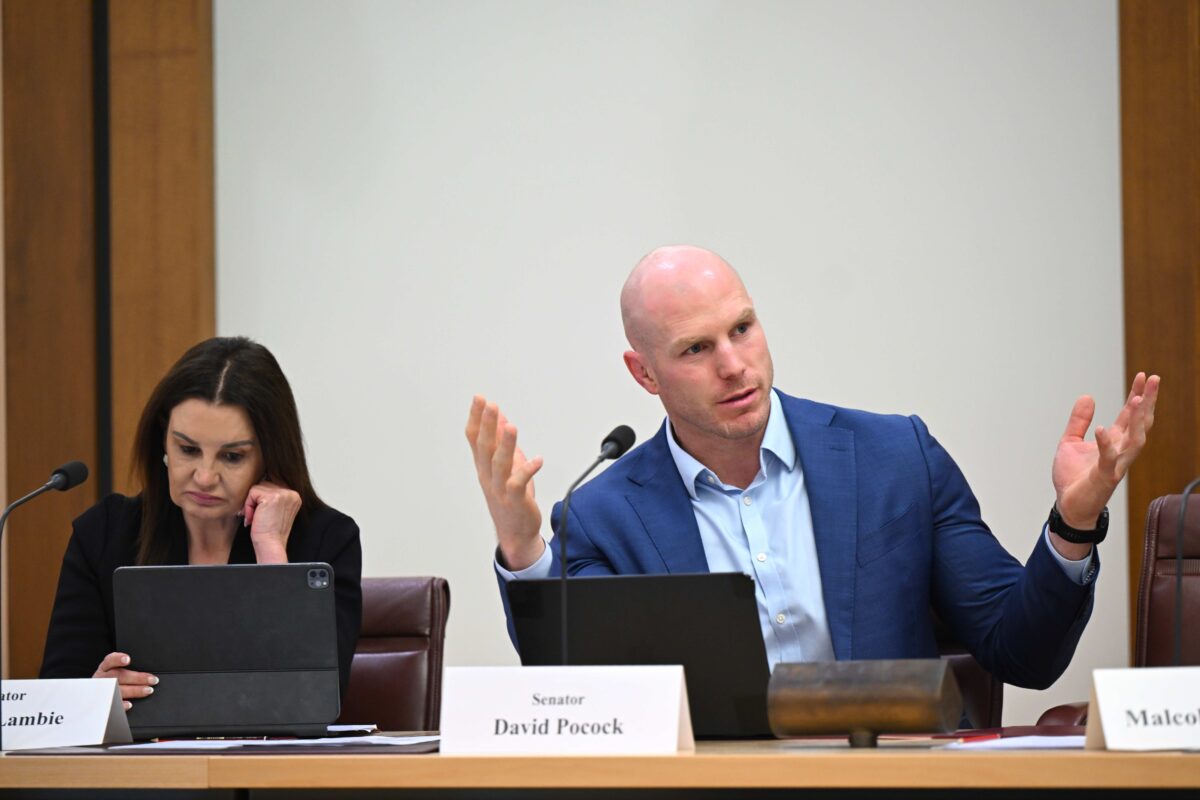
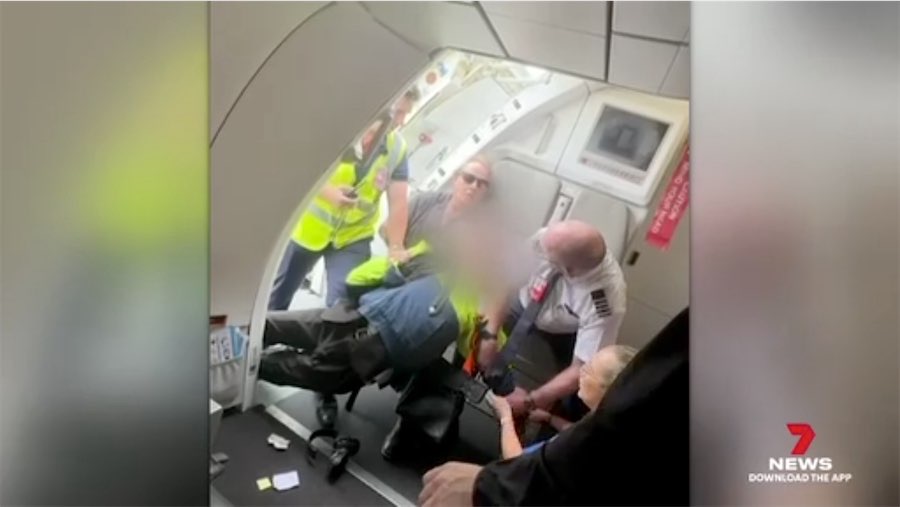
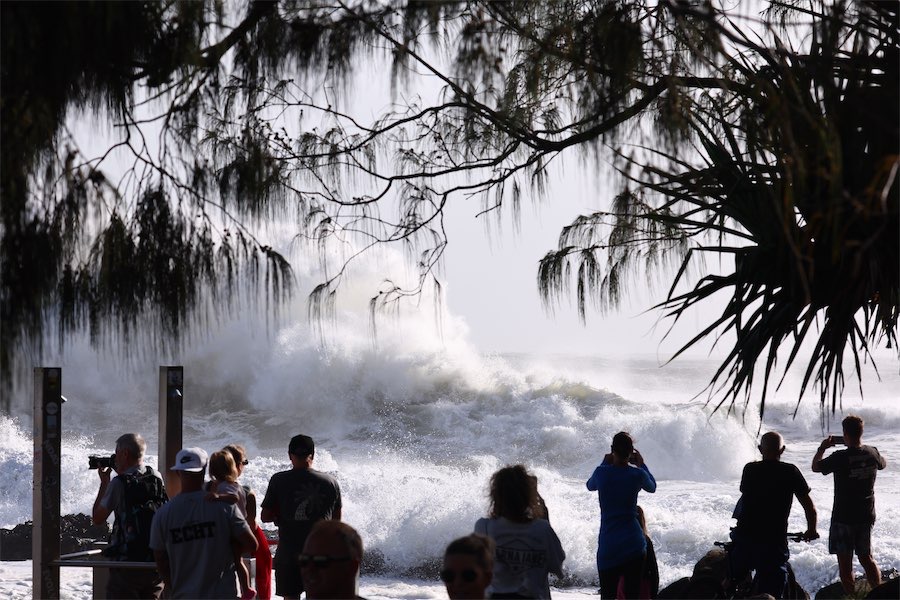

Leave a Reply